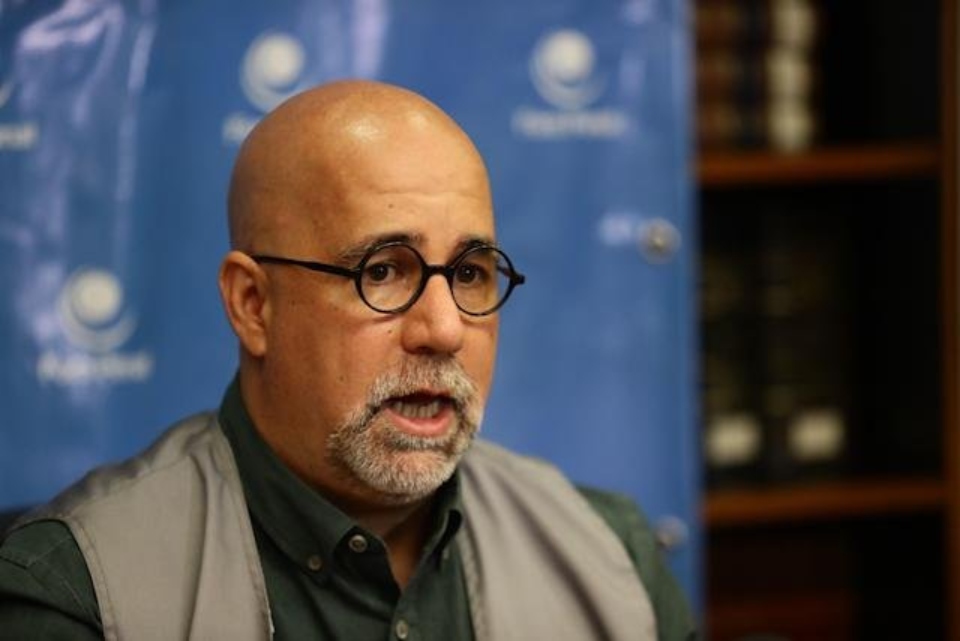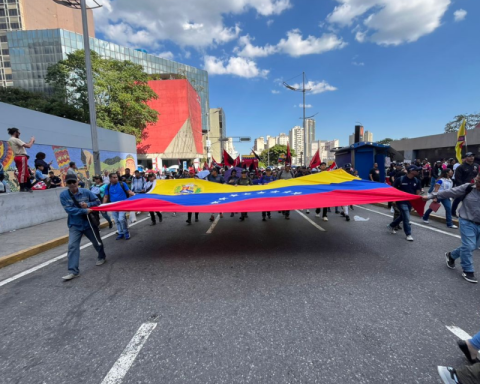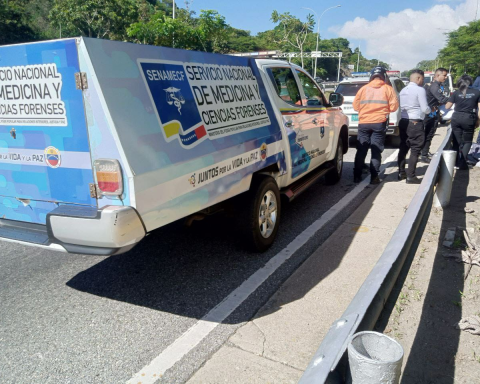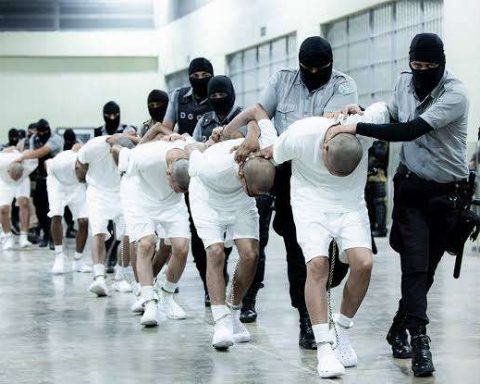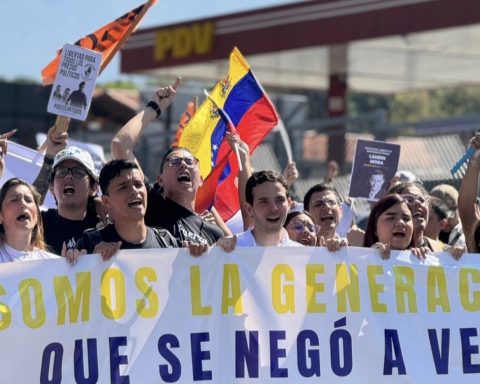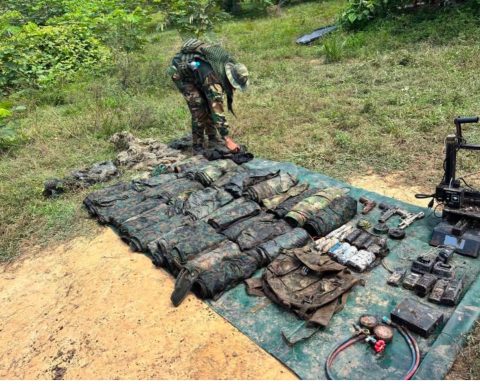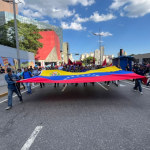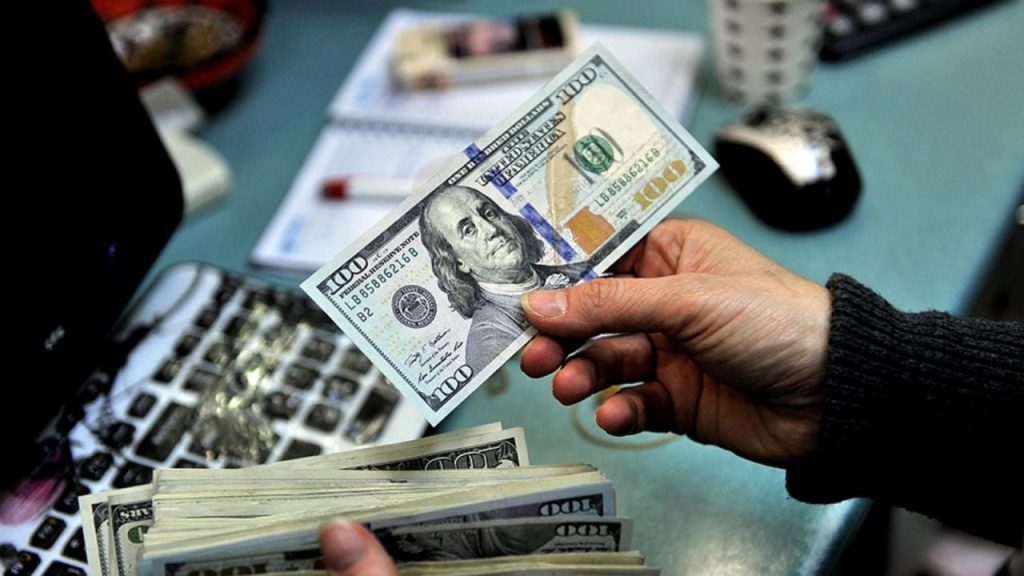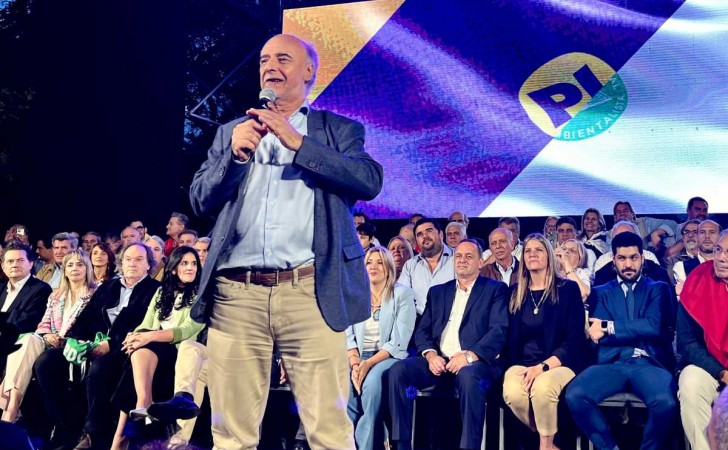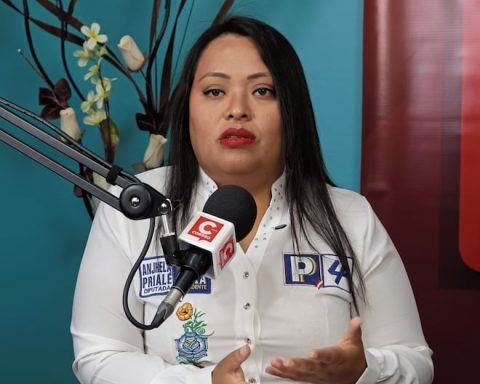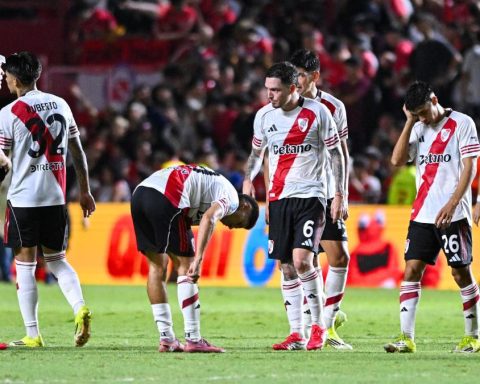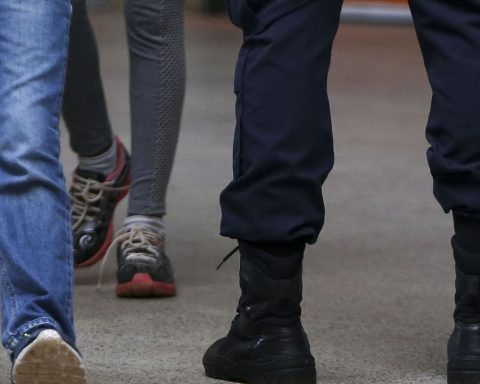Gonzalo Himiob said that there is no clarity in the conditions nor is it known what criteria are applied to grant releases.
The director and vice president of the NGO Foro Penal, Gonzalo Himiob, questioned on Wednesday, November 20, that the releases announced by the Prosecutor’s Office have not occurred all at once but rather gradually, which is why he warns that the process generates doubt about the rationality of the decisions to let them out of prison.
Himiob, in an interview with Radio Fe y Alegríamentioned several cases of people with vulnerable conditions who are still arbitrarily behind bars, such as a detainee with a hearing disability and another who is on the autism spectrum.
“And what happened there? Why didn’t they all come out at once? And why did precisely the one who has a particular condition that makes him more vulnerable stay?” he asked.
He assured that up to the time of the interview, 146 releases of the 225 promised by prosecutor Tarek William Saab had been recorded and that more are expected. However, he warned that there is no clarity in the conditions under which this benefit is conferred or what criteria are used to grant it.
*Read also: “We feel mocked”: Families demand the release of political prisoners
In that sense, he stressed that the identity of each one is verified to know if, in truth, they are people who were detained in the framework of the post-election protests or if others who have different situations are included in the process.
Gonzalo Himiob considered that the high number of detainees for political reasons has become politically costly for the administration of Nicolás Maduro and pointed out the presence of a commission of the International Criminal Court (ICC) in the country. Furthermore, he noted that the releases were promoted by the Prosecutor’s Office without mediation or formal negotiation with high authorities.
That same day, the attorney general, Tarek William Saabstated that it is not ruled out that there will be more releases and reiterated that so far there have been 225 releases in which many have received less burdensome precautionary measures of deprivation of liberty. However, he emphasized that if they are found guilty, they will be subject to justice.
In addition, he said that those people who declared themselves innocent during the judicial process, and if there is no firm evidence that determines their alleged responsibility in acts of violence or a final sentence, can be released.
Post Views: 178
